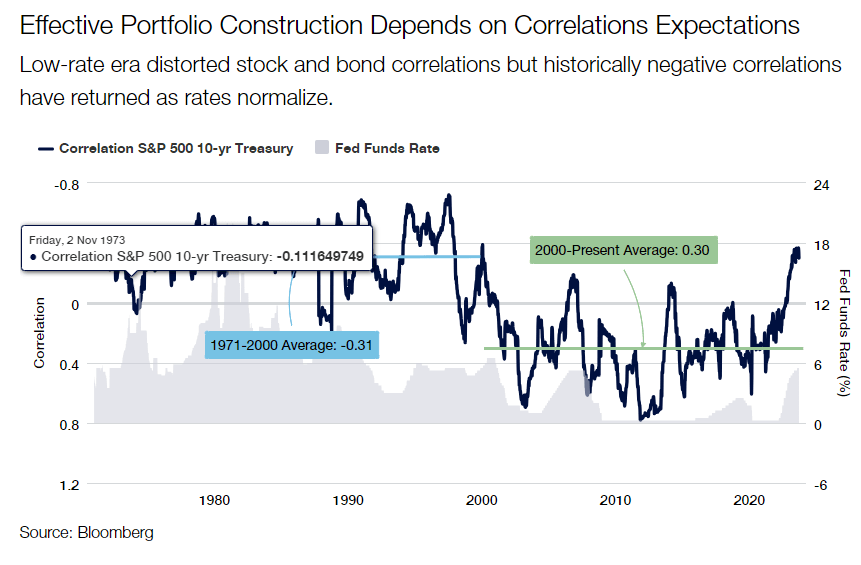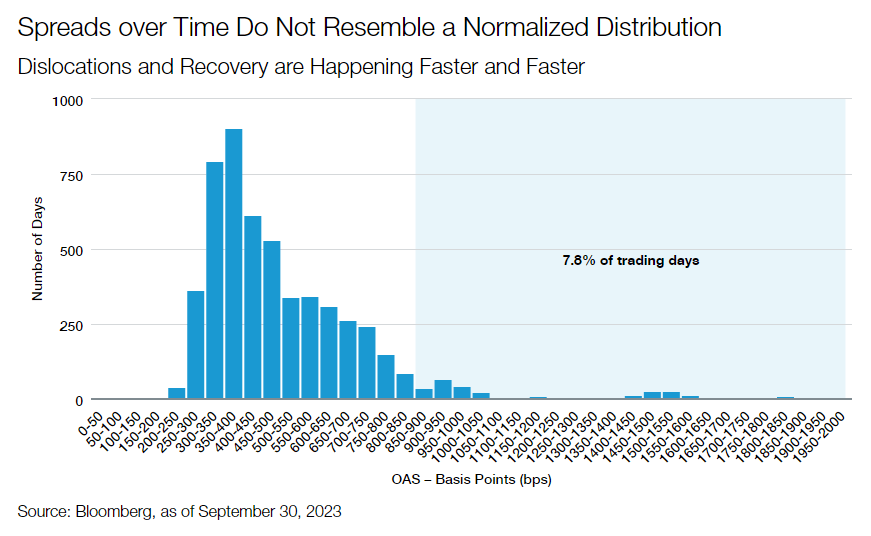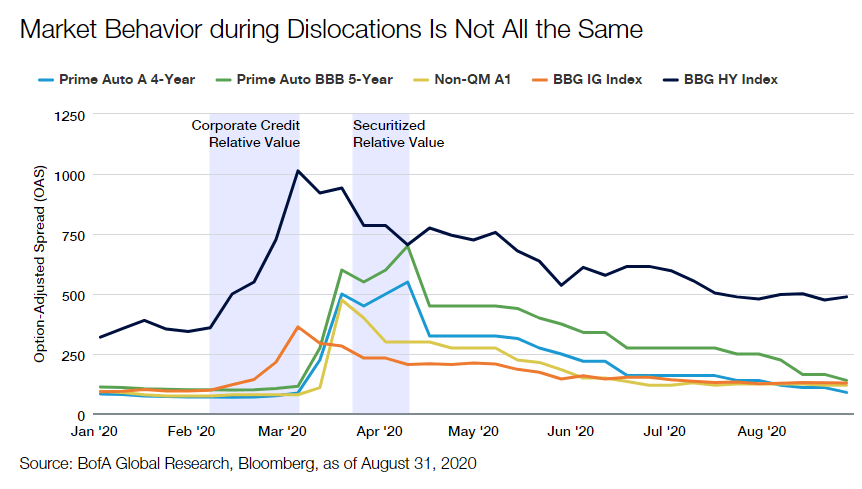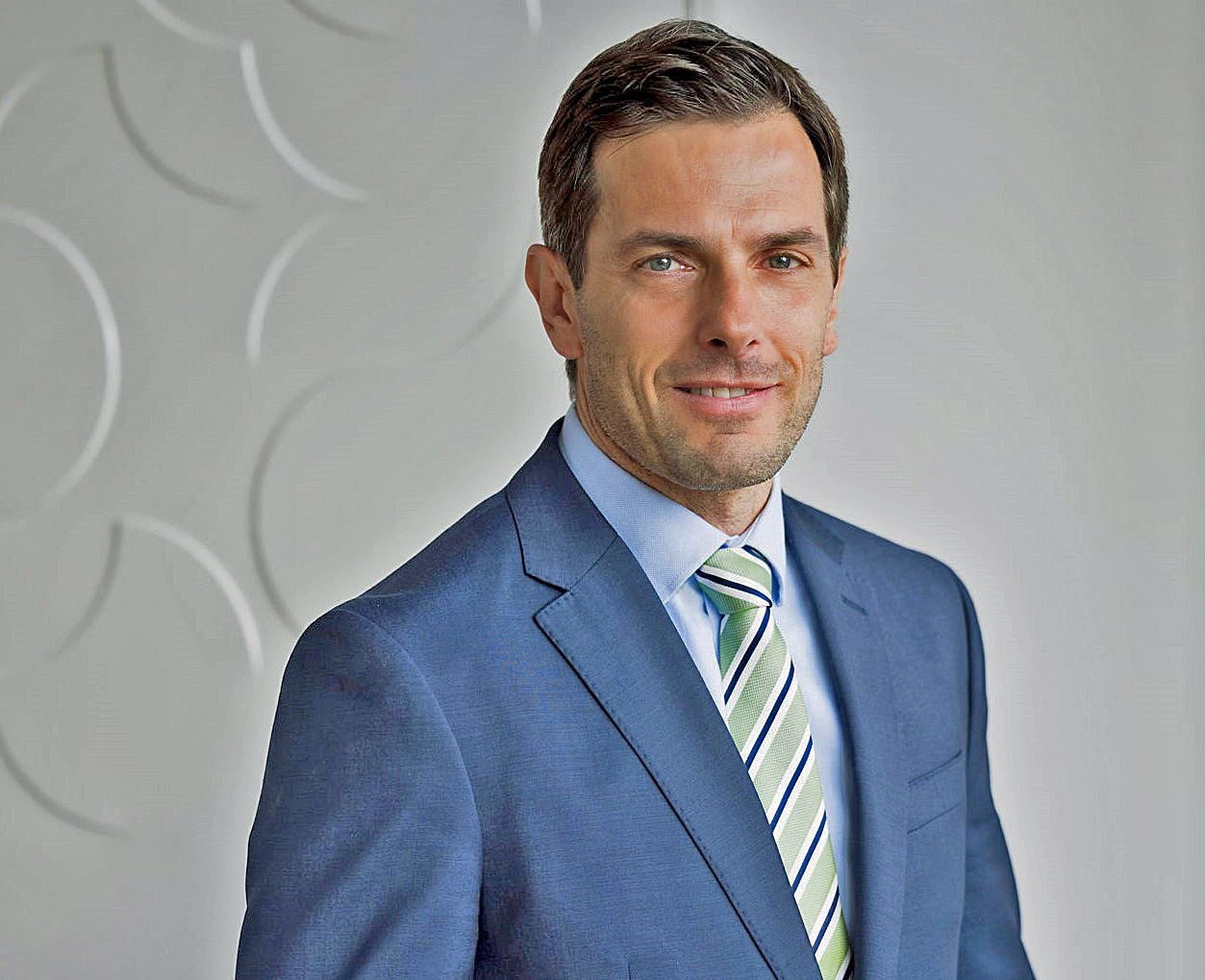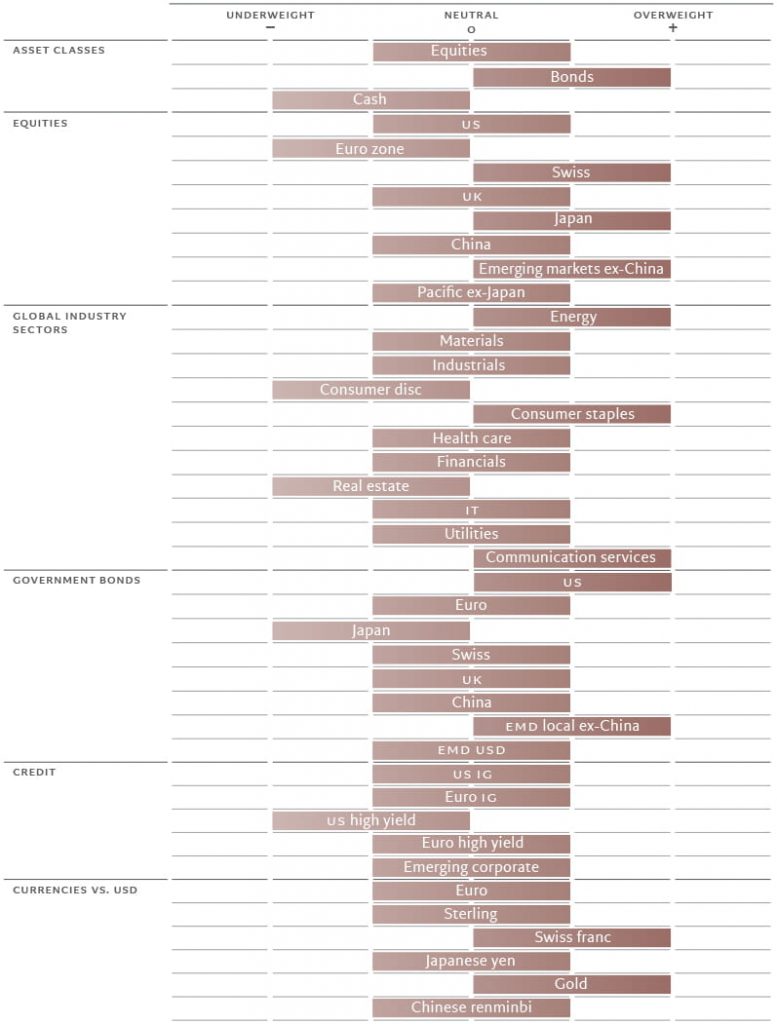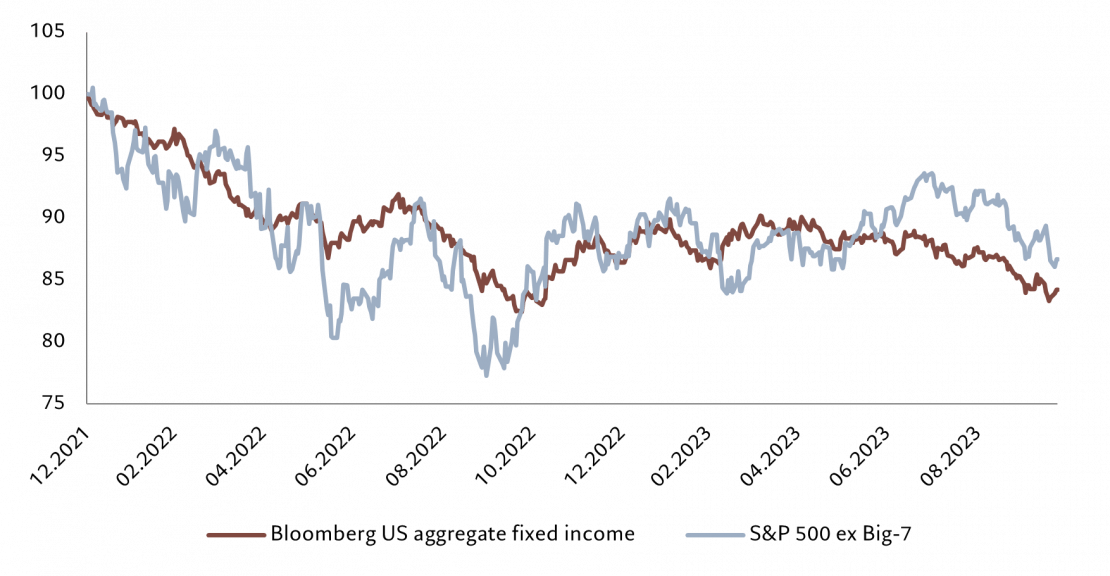Will Crypto Spring Ever Come?
| By Marcelo Soba | 0 Comentarios

While cryptocurrency used to make headlines for its radical performance, these days it’s often in the news because of lost fortunes, exchange bankruptcies and business fraud, said a Morgan Stanley report.
As investors monitor the crypto market, now is a good time to search for insights from past cryptocurrency trading cycles to understand what may lie ahead, the wirehouse added.
How “Halving” Affects Crypto Supply
Bitcoin is the leading cryptocurrency, accounting for about 50% of total digital assets by market capitalization, and, in many ways, acts as a proxy for the overall crypto market. One unique aspect of bitcoin is that it is designed to go through a process called “halving” that creates scarcity, so that bitcoins can maintain their value. Specifically, every four years, the number of bitcoins created every 10 minutes is cut in half. Eventually, when there are 21 million bitcoins in existence, no more bitcoins will be mined.
By intentionally limiting the supply of new bitcoin, the shortage caused by the halving can affect the price of bitcoin to potentially spur a bull run. There have been three such runs on bitcoin since its inception in 2011, each lasting 12 to 18 months after the halving.
The four-year cryptocurrency cycle roughly corresponds to the four seasons of the year:
Summer: Historically, most of bitcoin’s gains come directly after the halving. This bull-run period starts with the halving event and ends once the price of bitcoin hits its prior peak.
Fall: Once the price surpasses the old high, it tends to attract interest from the media, new investors and businesses, which can then drive prices even higher. This period represents the time between when bitcoin passes the old high and reaches a new one, which signals that the bull market has run its course.
Winter: In previous cycles, the bear-market decline has come when investors decided to lock in their gains and sell bitcoin, causing prices to drop while scaring off new investment. This period takes place between the new peak and the next trough. There have been three winters since 2011, lasting about 13 months each.
Spring: During this period preceding each halving, the price of bitcoin generally recovers from the cycle’s low point, but investor interest tends to be weak.
Is Crypto Spring Here?
Just as a farmer avoids planting seedlings in the winter or too late in the spring, crypto investors want to know when crypto spring has arrived to maximize their investment “growing season.” Here’s what to consider when trying to determine whether crypto spring is truly here, or if the market is still in the midst of crypto winter:
Time since the last peak: The trough of bitcoin in previous crypto winters has historically occurred 12 to 14 months after the peak.
Magnitude of bitcoin drawdown: Previous troughs were about 83% off their respective highs.
Miner capitulation: When bitcoin has neared the trough of past cycles, many bitcoin miners shut down their operations because they were losing money. When a miner shuts down, it makes it a little easier for the remaining miners. A statistic called “bitcoin difficulty” measures how easy or hard it is to mine bitcoin. When difficulty decreases, it is a sign the trough may be near.
Bitcoin price-to-thermocap multiple: “Thermocap” measures how much money has been invested in bitcoin since its inception. A lower bitcoin price-to-thermocap multiple indicates a trough, while a higher multiple indicates a peak.
Exchange problems: When the price of crypto drops, it tends to impact the viability of some crypto exchanges. Bankruptcies, bad news or new regulations may all indicate a trough.
Price action: A 50% increase in price from bitcoin’s low is typically a good sign that the trough has been achieved, although there have been examples of such a gain being followed by significant declines.
Estimates of when exactly the next halving will occur vary, but history indicates it has the potential to occur sometime around April 2024.1 Based on current data,1 signs indicate that crypto winter may be in the past and that crypto spring is likely on the horizon. However, keep in mind that there have only been three crypto springs to date. In other words, there is still a lot to learn.
One key thing to keep in mind: As with any investment, past performance doesn’t indicate future results. Potential risks such as encryption breaking, software bugs, recession or coordinated government action could emerge before the expected halving and disrupt the cycle.
While no one can tell you if now is the right time to buy or sell cryptocurrency, today is the right time to learn more about the crypto market’s cyclical tendencies so that you can ask questions, monitor trends and determine for yourself if the cycle will repeat a fourth time and whether to invest.
To read the full article click on the following link.


